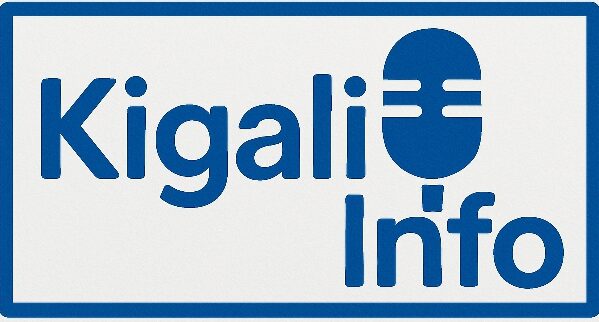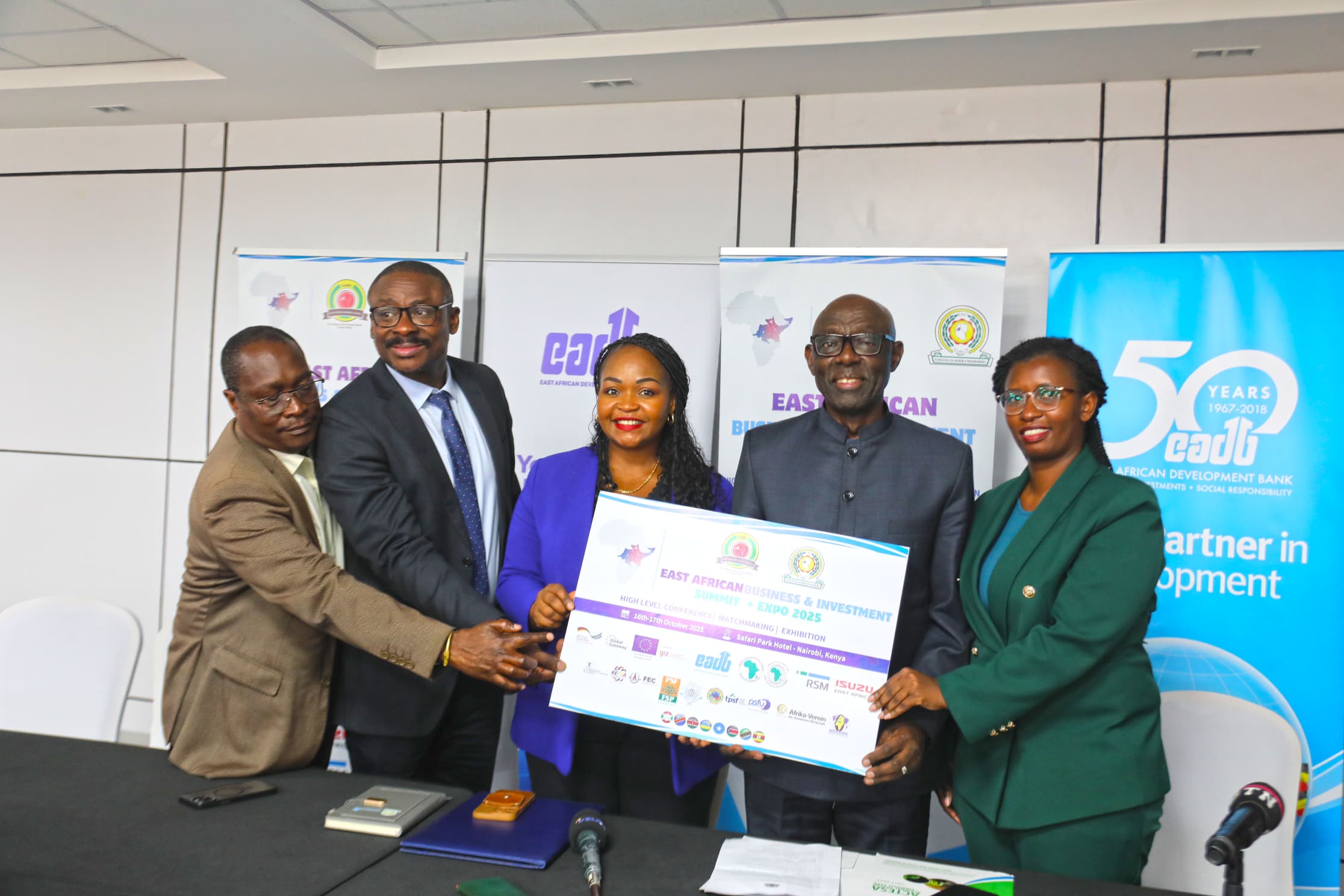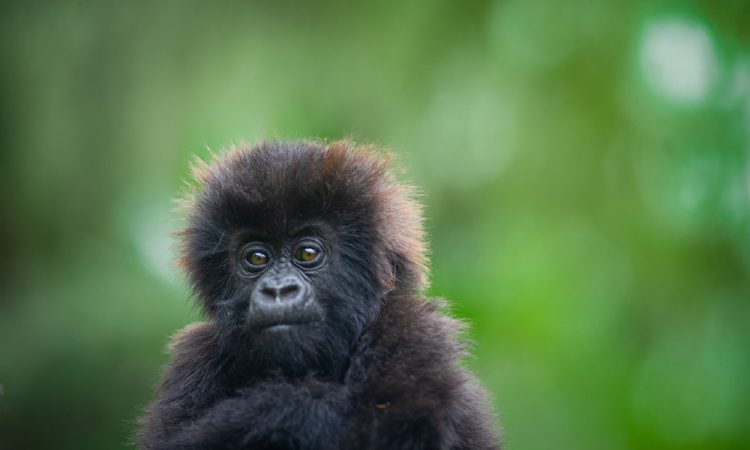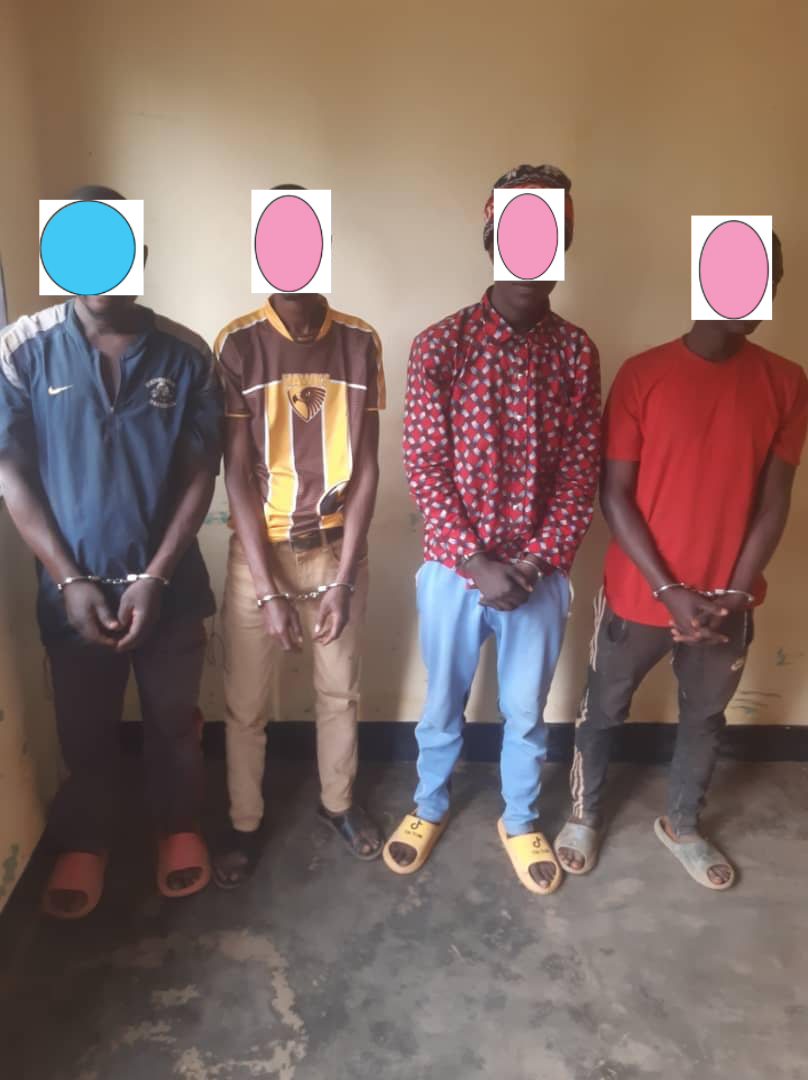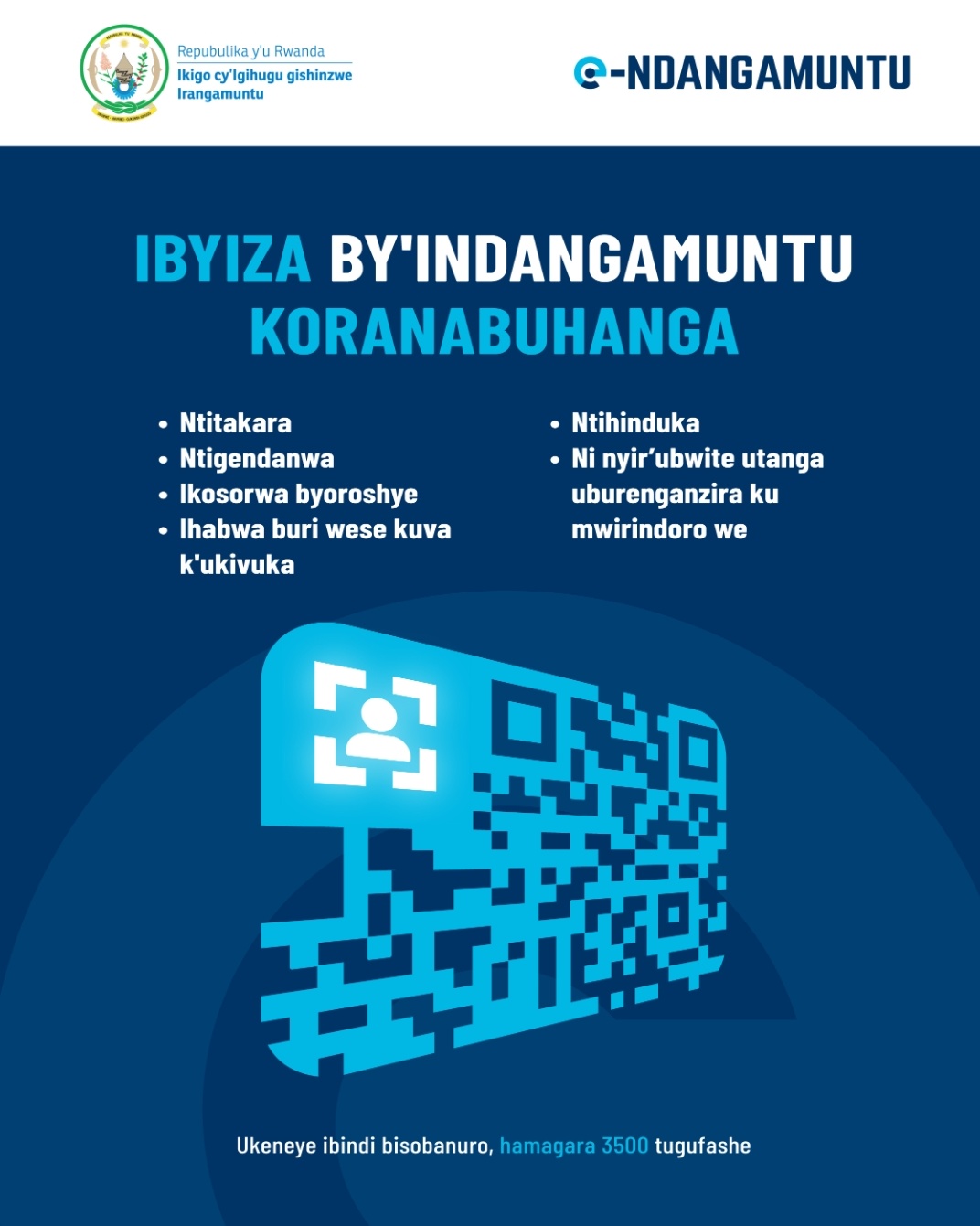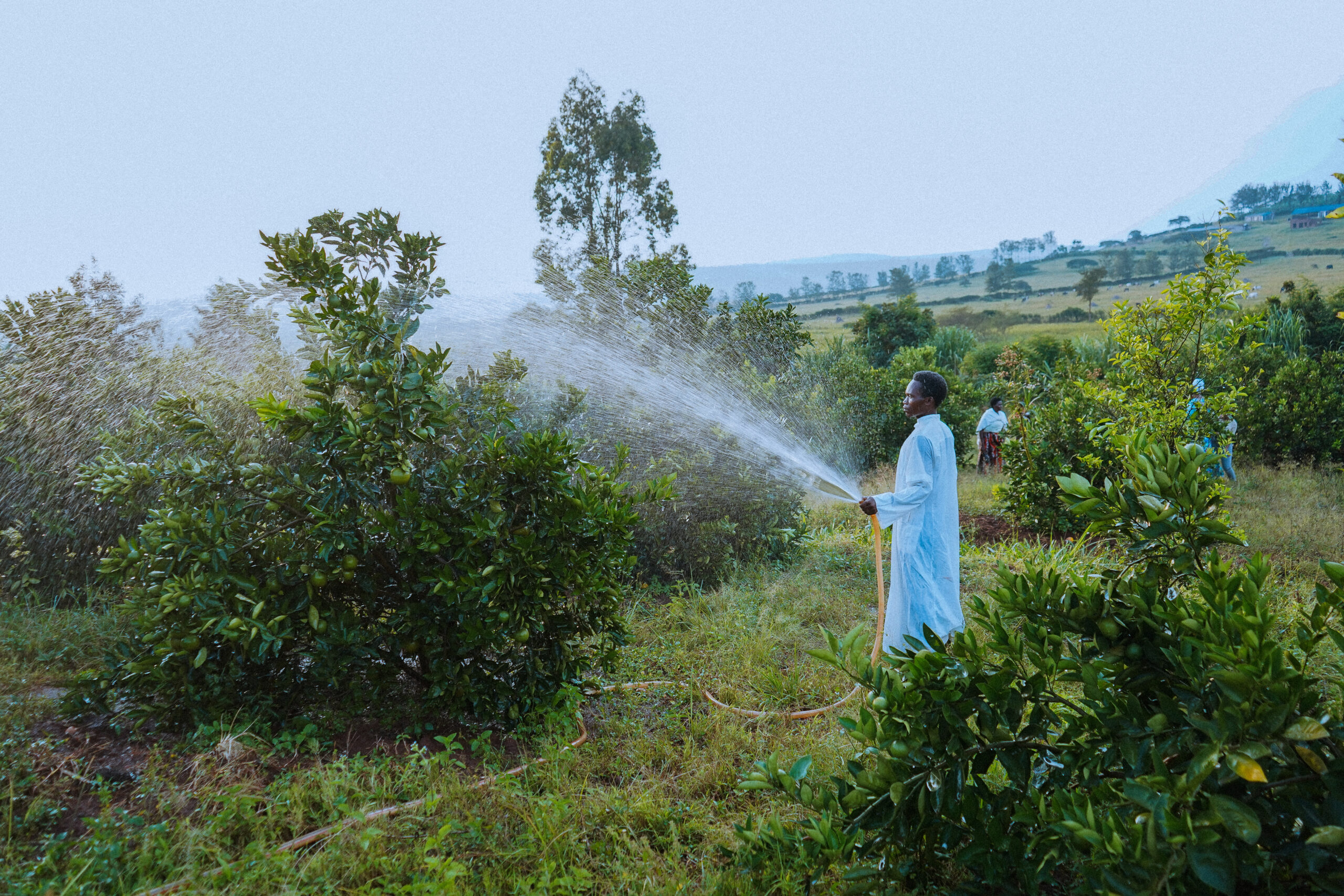
The Sustainable Agriculture Intensification and Food Security Project (SAIP) and its beneficiaries are optimistic that food supplies, especially in the Eastern Province, will remain stable despite irregular rainfall.
SAIP, funded by the Global Agriculture and Food Security Program (GAFSP), has helped ensure a steady supply of food, particularly fruits and vegetables, in Eastern Province, where drought conditions are common.
Farmers benefiting from SAIP support
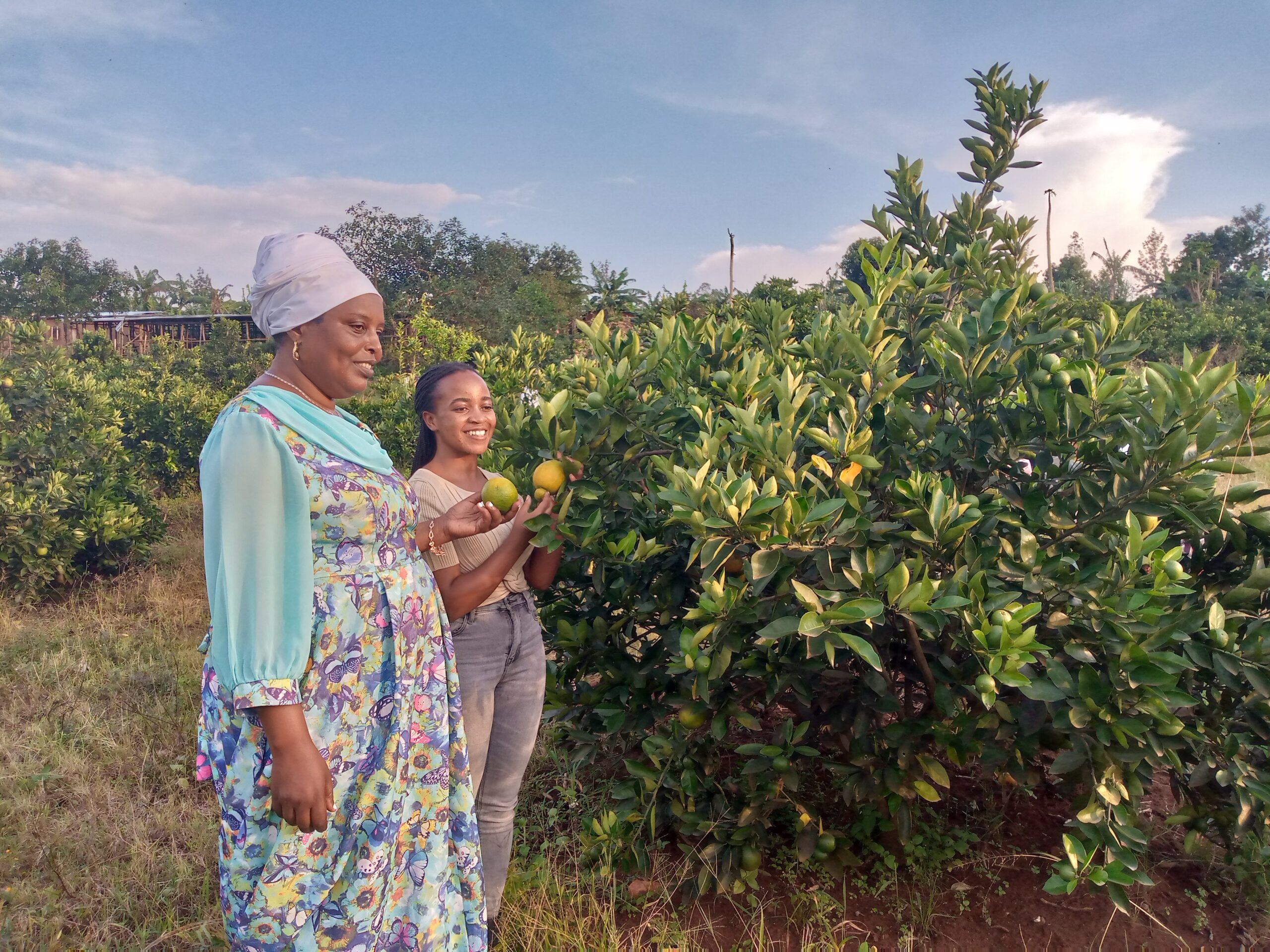
Bernadette Umpfuyisoni, a resident of Kiramuruzi II village in Gatsibo District, is among the beneficiaries of SAIP. With the project’s support, she has been able to supply local and national markets with a large harvest of fruits, vegetables, and livestock products.
In 2022, SAIP provided her with solar-powered irrigation, which pumps water from a borehole in a valley to a reservoir on a hill, ensuring a reliable water supply for her crops and livestock.
Through this RWF 20 million ($15,000) irrigation project, Umpfuyisoni expanded her farmland. She now cultivates three hectares with 340 avocado trees, over 200 orange trees, and 500 mango trees capable of producing 1,200 mangoes per season, each selling for RWF 300 ($0.25).
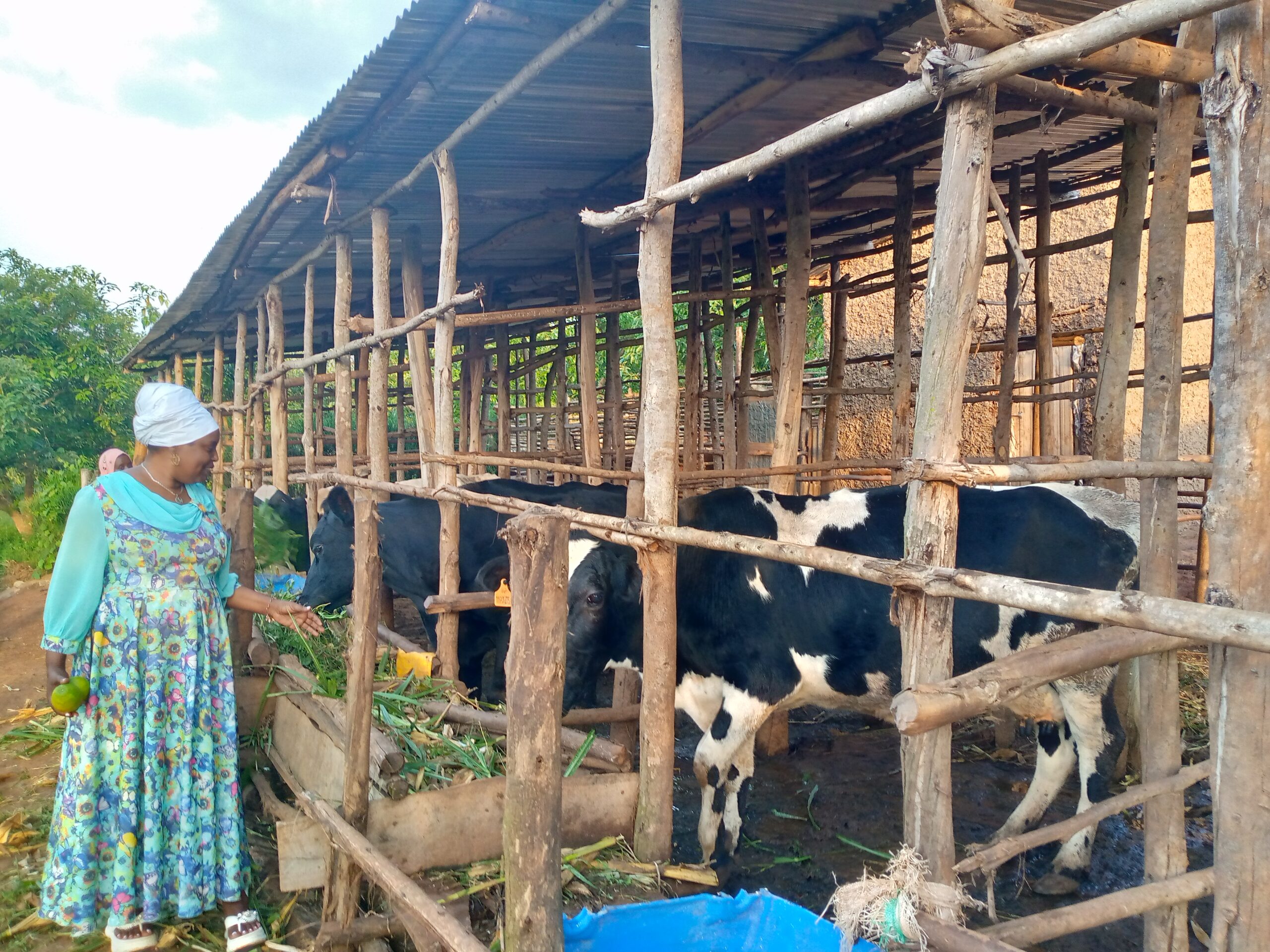
This investment, valued at hundreds of millions of Rwandan Francs annually, has allowed her to expand into nurseries for fruit trees, banana plantations, maize farming, and livestock production, including 13 dairy cows that produce up to 100 liters of milk per day.
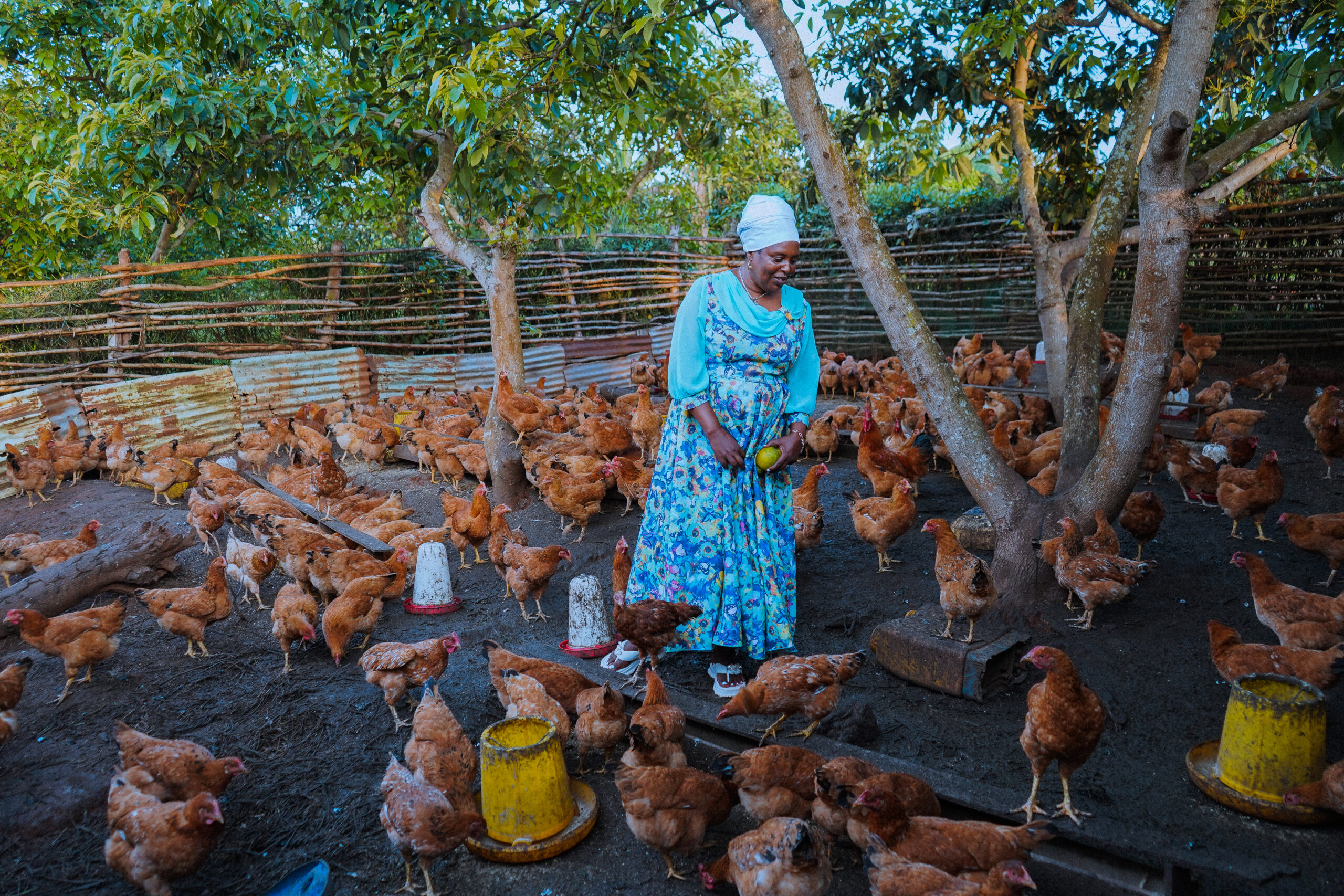
She also raises over 2,000 egg-laying chickens, 300 rabbits, and more than 500 ducks, turkeys, guinea fowls, and pigeons, providing manure, meat, eggs, and breeding stock.
Her farm employs 50 casual workers daily and 8 permanent staff, and her three-hectare property remains green even when surrounding areas suffer from drought.
“This solar-powered irrigation project has transformed everything—it’s all in one. I am very grateful to SAIP for this support”, Umpfuyisoni says.
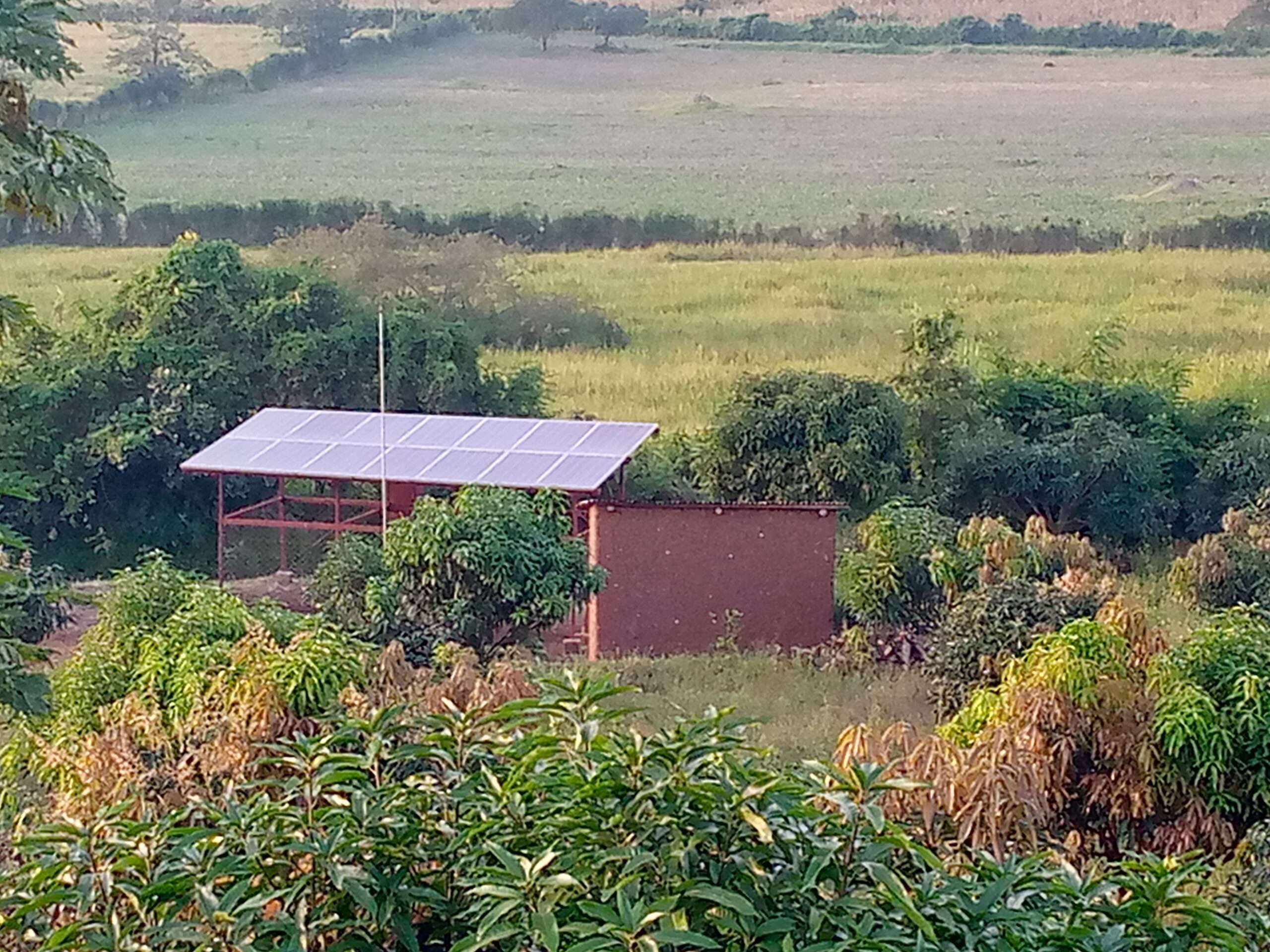
Similarly, Cecile Niyonsaba, a passion fruit and mango farmer on 15 hectares in Bugesera District, is eagerly awaiting a solar-powered irrigation system from SAIP, currently being installed at Lake Cyohoha.
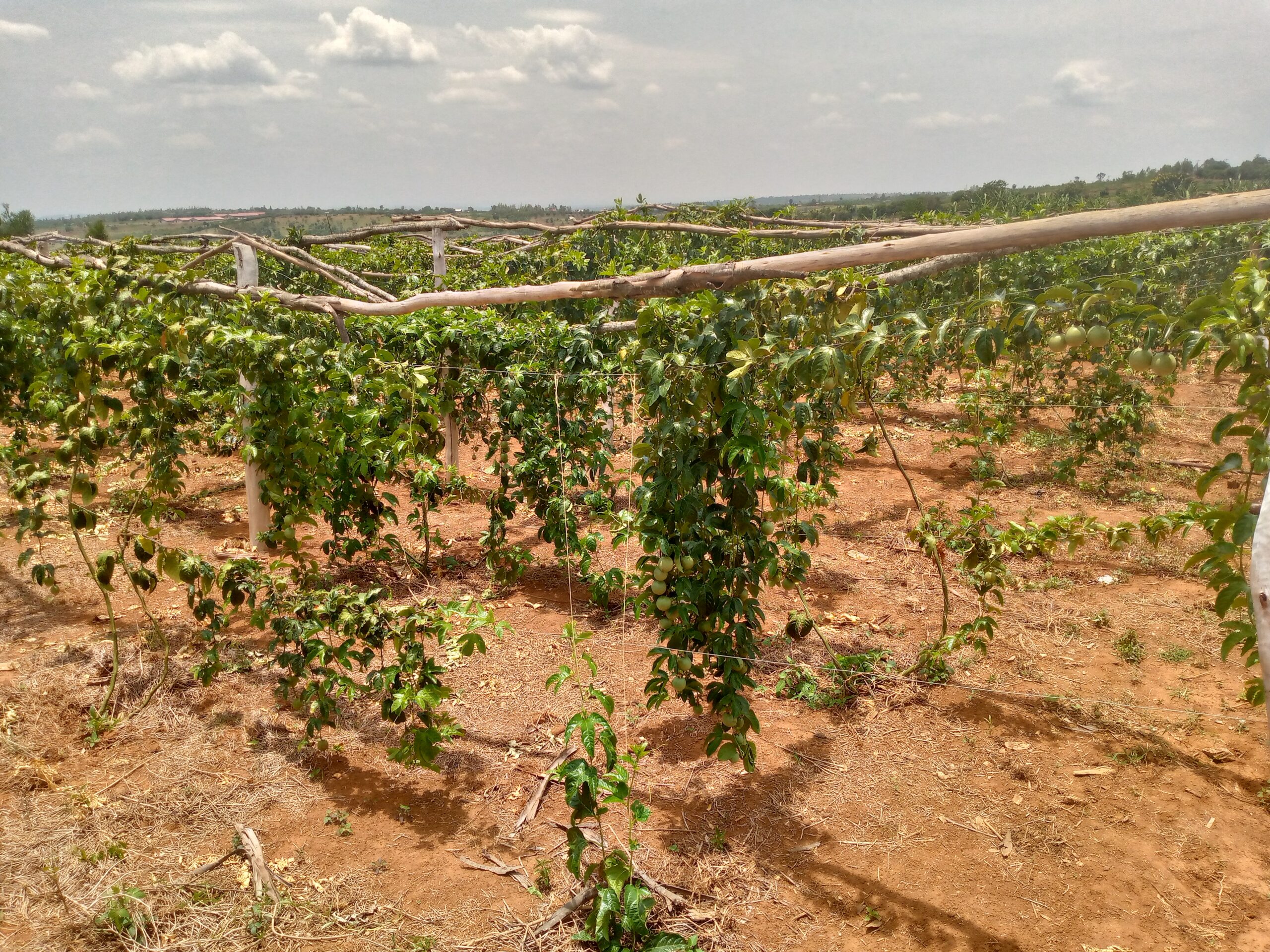
Her RWF 99 million ($75,000) grant from SAIP will relieve 30 workers from manually watering 1,600 passion fruit plants and 2,500 mango trees, allowing them to focus on other tasks.
Market expansion for farmers’ produce
Umpfuyisoni and Niyonsaba sell their produce across Rwanda, especially in Eastern Province and Kigali.
Yvonne Nyanzira, a trader in Kiramuruzi, used to travel to distant markets to buy fruits. Now, she sources them directly from Umpfuyisoni, reducing transport costs and increasing profits.
She says, “My group of nine traders now purchases fruit nearby, saving on transport and making better profits. For every RWF 50,000 ($40) investment, I earn RWF 15,000 ($12) in daily profit.”
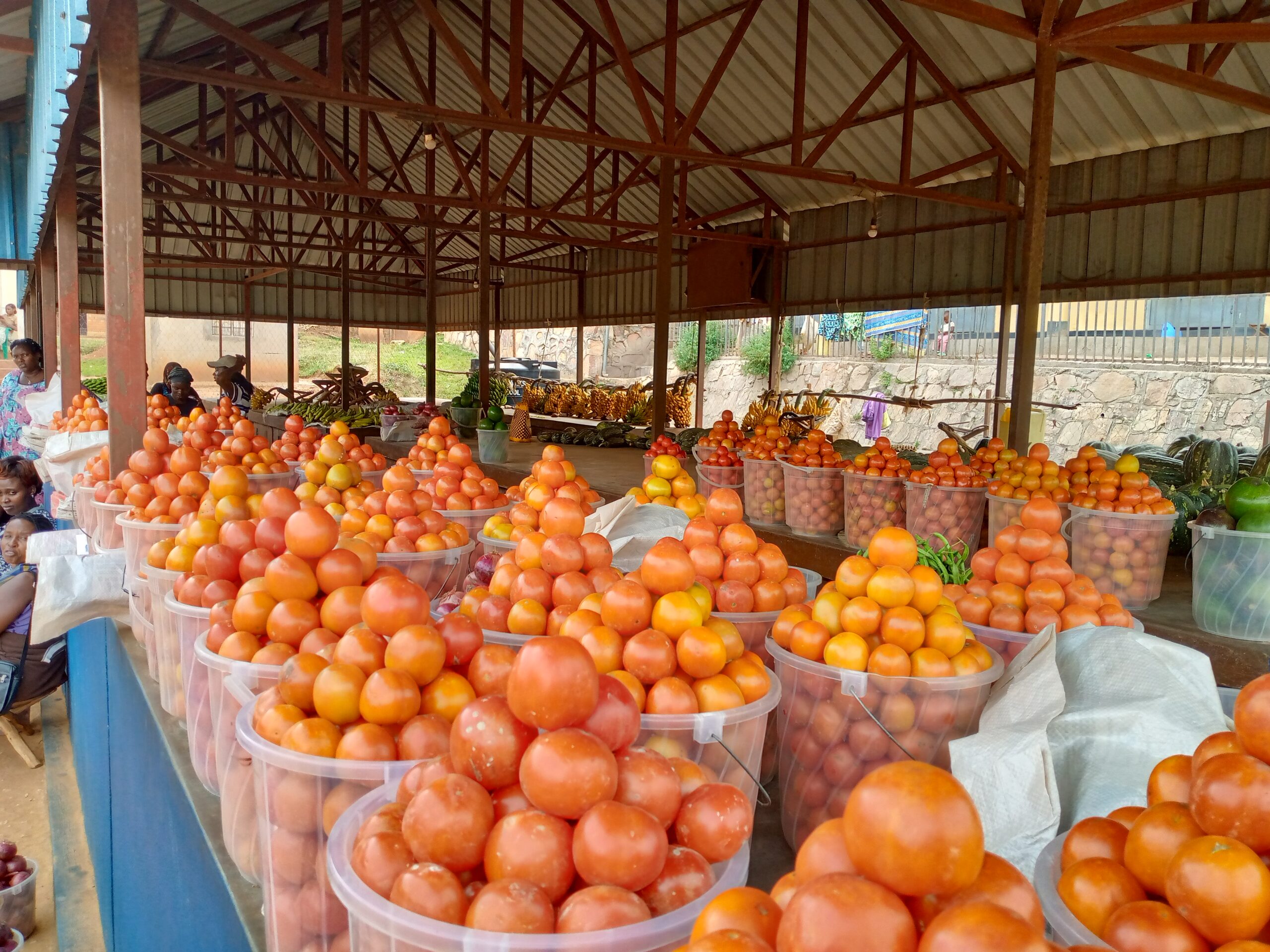
Thanks to SAIP, agricultural production in Gatsibo has increased, allowing local markets to operate twice a week instead of once.
Farmers awaiting SAIP support amidst drought
In Gashora, Bugesera, 100 farmers in the Abadahigwa Cooperative are waiting for SAIP’s solar irrigation system to revive 18 hectares of drought-affected land.
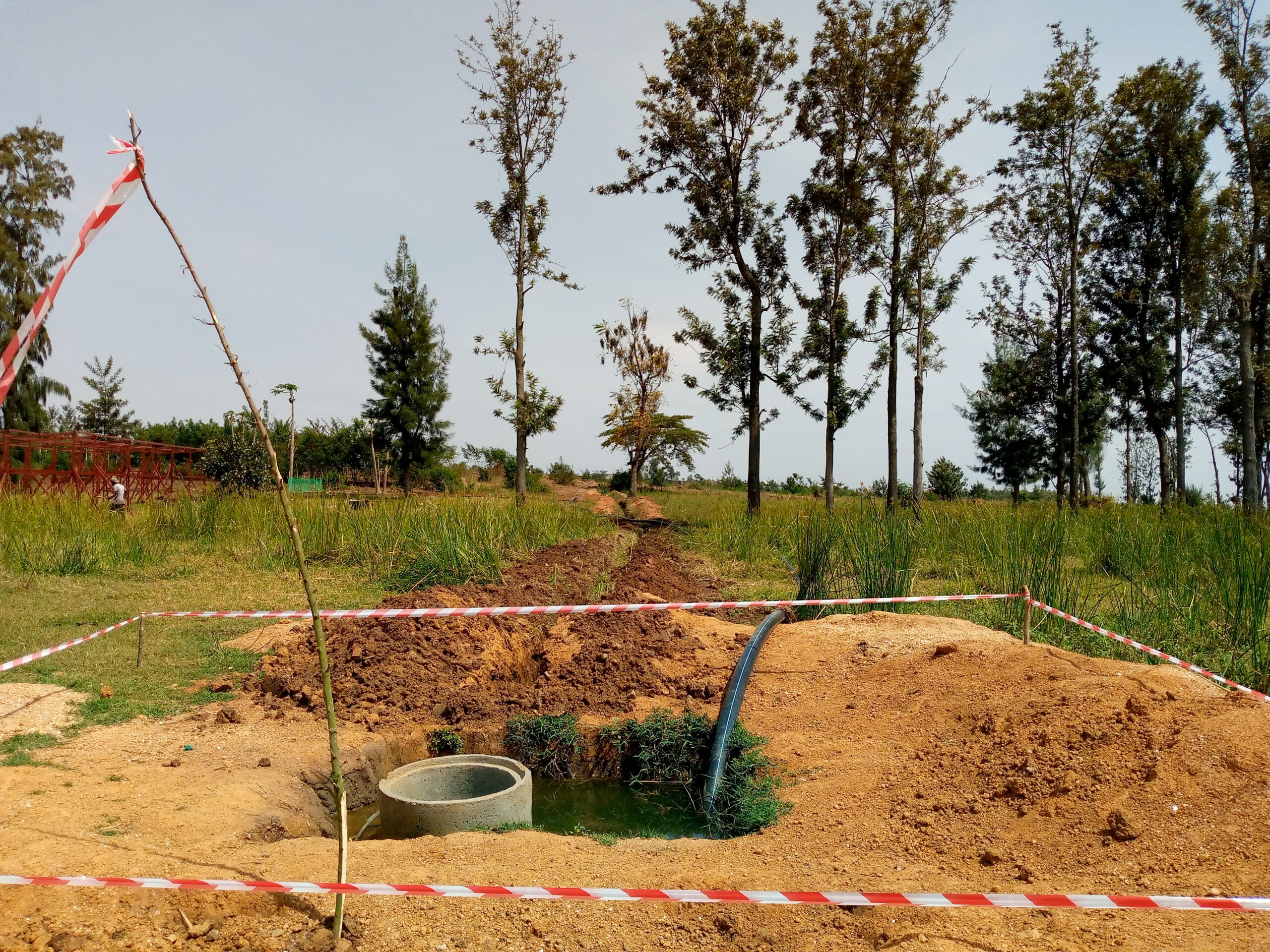
Mutegwaraba, a 58-year-old farmer, warns that 2025 may face food shortages because of delayed rains, which usually start in February.
Currently, some farmers have planted seeds that failed to germinate, while others abandoned farming due to hard, dry soil.
SAIP’s Eric Bimenyimana reassures that the RWF 154 million ($120,000) irrigation project will be operational within six weeks, enabling farmers to resume planting.
Mechanisation to beat unpredictable rainfall
In Eastern Province, farmers must plant quickly when rain falls, as its periods are brief.
Due to late rains in 2025, SAIP has provided mechanised plowing services in Gatsibo and Nyagatare.
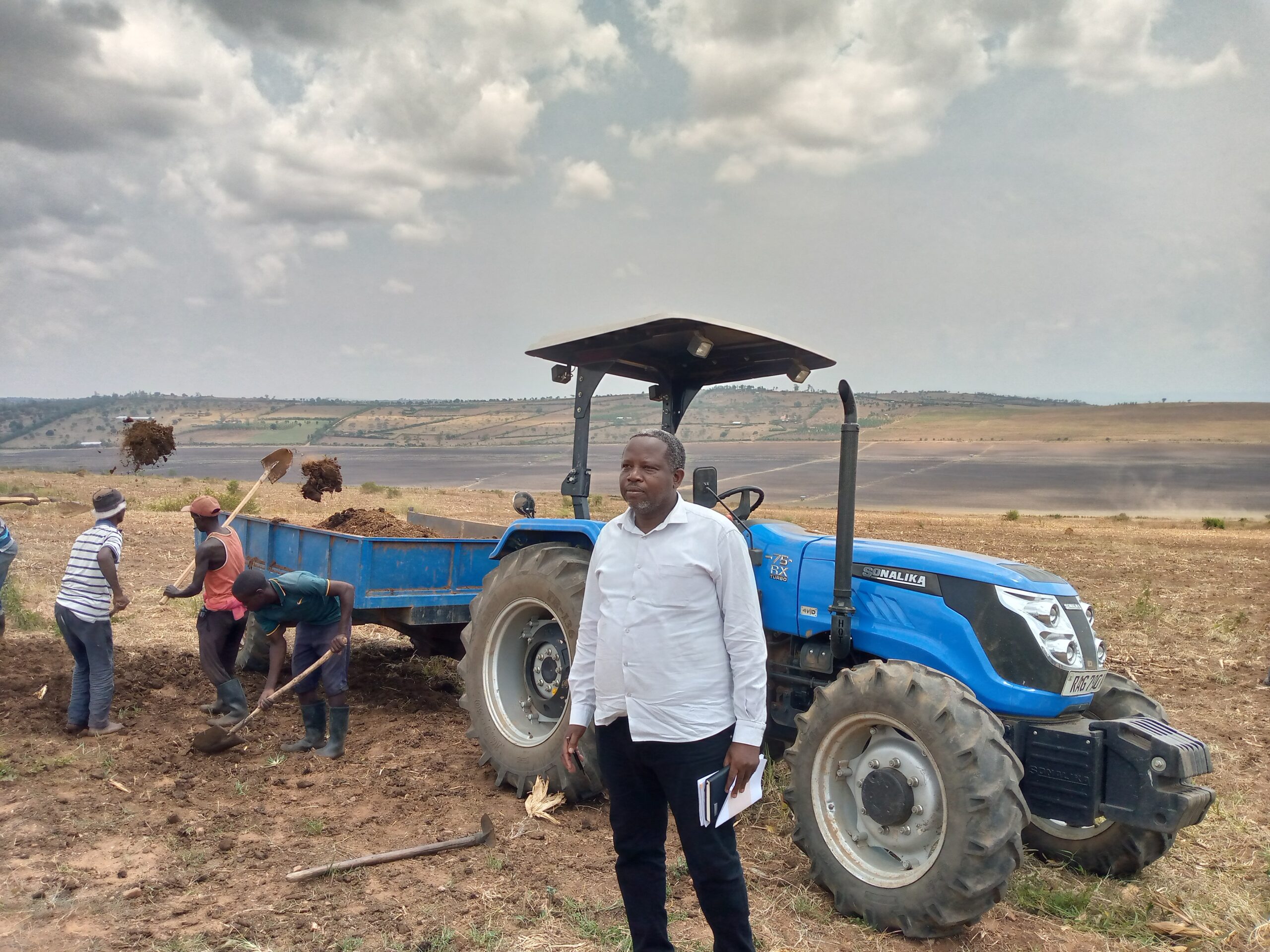
Joseph Mpambara, a farmer in Kiramuruzi, received RWF 90 million ($68,000) from SAIP, adding RWF 18 million ($13,500) of his own to buy two tractors.
His service allows farmers to prepare land in one week instead of a month, improving planting efficiency.
“A field requiring 50 workers for a month can be plowed by my machine in a week. That means farmers can plant before the rain stops!” Mpambara says.
Tractor rental costs RWF 80,000 ($60) per hectare, significantly lower than manual labor at RWF 150,000 ($115) per hectare.
Gatsibo District Mayor Richard Gasana sees successful SAIP farmers as role models
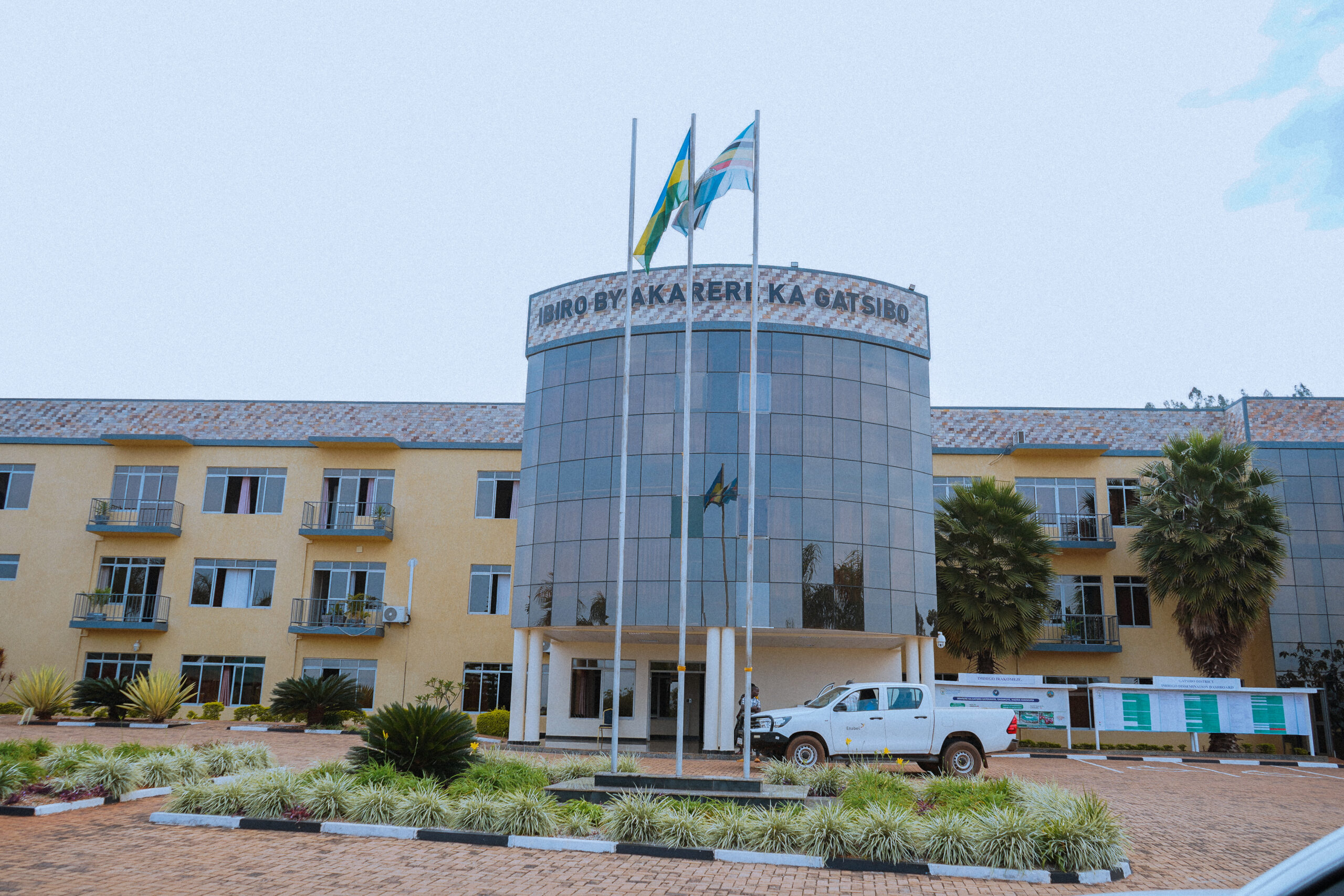
“We need to showcase these projects so that others are inspired. With initiatives like SAIP, we can produce more entrepreneurs like Bernadette and Mpambara,” he says.
More support in SAIP’s second phase
SAIP, implemented by the Rwanda Agriculture and Animal Resources Development Board (RAB-SPIU), is now in its second phase (2024-2026) with $20 million funding from GAFSP, managed by the World Bank.
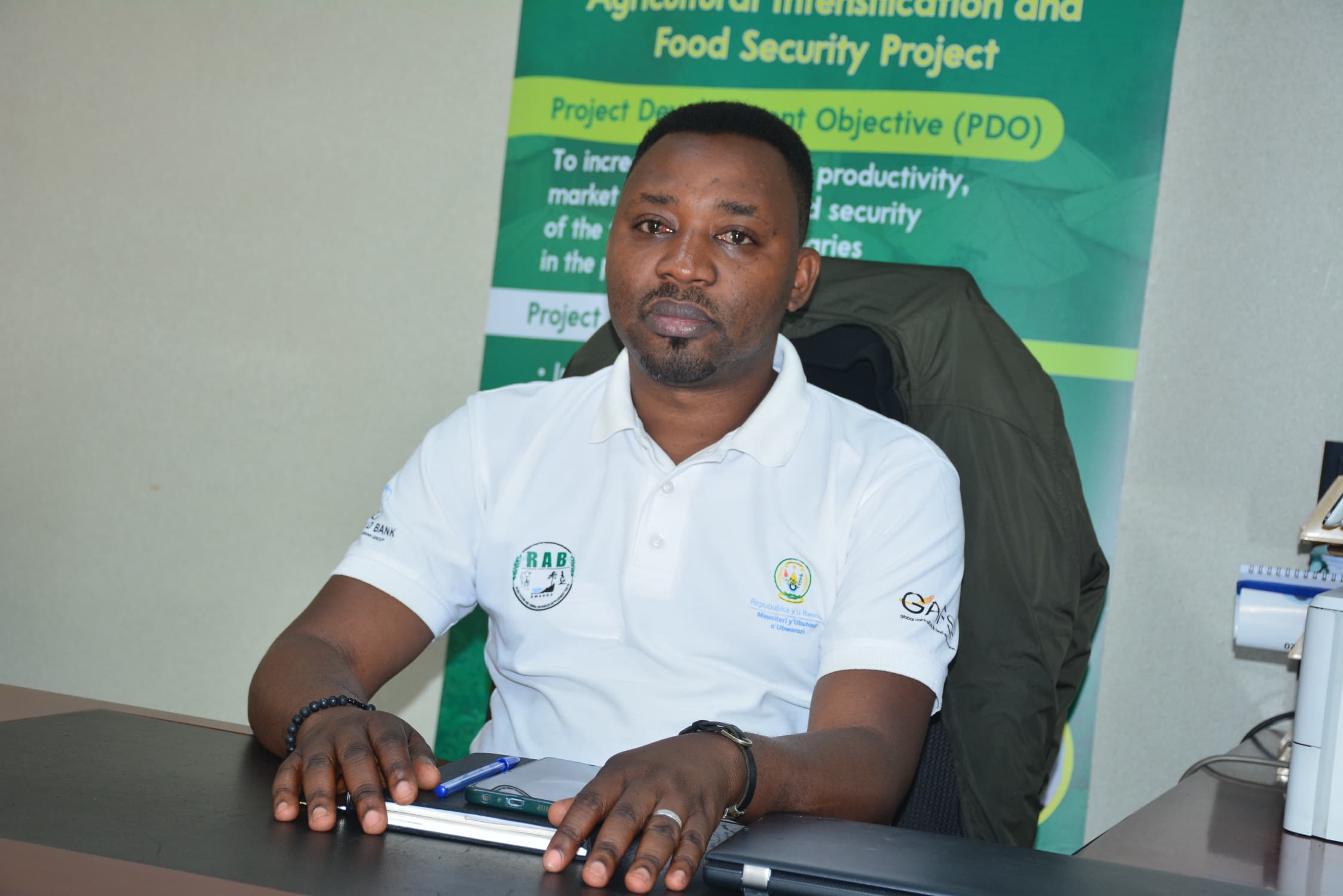
Jean Hitimana, SAIP’s Manager, says, “Phase two builds on Phase one’s success. We invited project proposals, and selected farmers are now preparing to receive funding.”
Of the $20 million, 51% has been disbursed, with 35% already used, covering half of the planned activities, including small-scale irrigation systems.
So far, 988 farmers have received irrigation support covering 2,975 hectares.
By 2026, SAIP will have supported 45,000 smallholder farmers in 20 districts, enabling food self-sufficiency and surplus production.
The strategy includes small-scale irrigation, horticulture, greenhouse farming, and mechanisation.
SAIP also provides matching grants (70%) for irrigation, mechanisation, and agro-processing projects, requiring farmers to contribute 30%.
Additionally, the project provides poultry to families with children under five and distributes high-nutrient crops such as biofortified orange-fleshed sweet potatoes, mushroom spores, and vegetable gardens.
